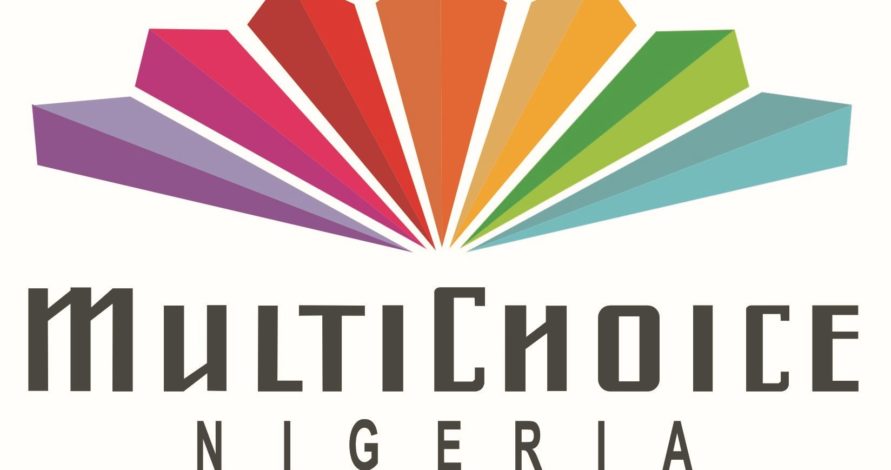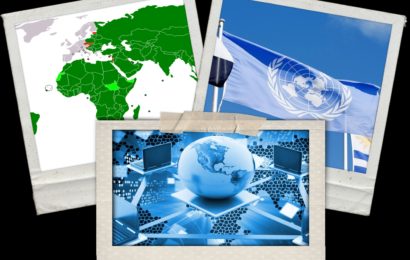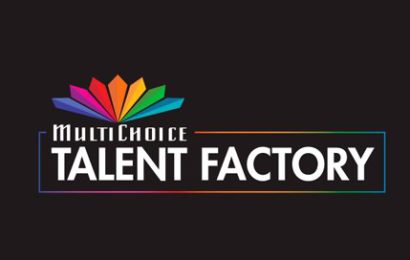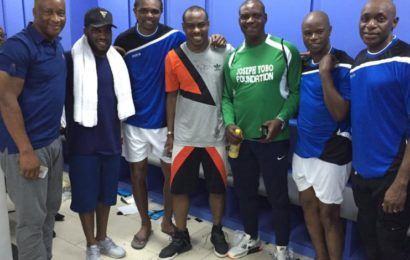
On 20 August, the Consumer Protection Council took MultiChoice, the parent company of DStv and GOtv to court because of a price increase which took effect on 1 August. As expected, this scored instant hits with many Nigerians who think the pay-TV provider with South African origins had been ripping us off. The company rightly and expectedly described the court order as an “affront to the free market economy” and has already filed an appeal. In the interim, it said the new prices, effected on 1 August will be maintained as status quo until the matter comes up for hearing in court. This incident to me highlights three salient things: Nigerians do not understand what a monopoly is; Nigerians are deeply xenophobic; and Nigerians are not really in favour of the free market.
This thing is what they call “giving a dog a bad name so you can hang it”
Let us start with the free market observation by talking about money–MultiChoice paid $438 million, which is ₦156.4 billion, for the rights to show English Premier League (EPL) matches across much of sub-Saharan Africa, including Nigeria. As context, this figure is more than the entire 2018 state budgets of Abia, or Edo, or Enugu, or Ekiti, or Gombe, or Jigawa, or Kogi, or Nasarawa, or Plateau, or Taraba, or Yobe, or Zamfara. In a proper free market, they have to recoup this investment. We once experienced seeming deliverance when a Nigerian, HiTv, paid for these rights. History tells us that for various reasons they were unable renew it. This was after bidding thrice the amount and thereafter tripling the amount the rights went for back then, It is called business. If no one can pay for the rights to broadcast EPL matches in Nigeria, we will lose the pleasure of watching Arsenal, Chelsea or Manchester United in real time. It is that simple. Those however, who can pay, have to recover their money somehow, and at a profit.
In Europe from where the EPL originates, the rights were originally given to a single broadcaster per country as obtains here. Then a few years ago, the European Commission (EC) ruled that the practice was anti-competitive. It is possible that one way to get ourselves out of the current situation of a dominant player in the pay-TV industry may be to look at strengthening our competition laws. But are we having that conversation? It takes a penchant for nuance and sophistication to understand the dynamics at play on this issue, things that we have consistently underperformed at.
Alternatively, we could break down the packages like Sky, for example, does in England. But let us ask ourselves, how many people will want to buy three or four different decoders because you have to watch Manchester City v Chelsea in one, then switch to the other to watch Arsenal v Liverpool, then switch to the third to watch Man United v Spurs?
The second thought borders on how under-informed the Nigerian consumer is. One argument I have heard repeatedly is how South Africans pay less for their DStv subscriptions. This is demonstrably untrue as a short visit to DStv’s South Africa website and the help of a currency converter such as the AbokiFX.comwebsite will reveal. A premium package in South Africa costs R809, which converts to ₦20,225. In Nigeria, our most expensively priced package costs ₦15,800. And we have not factored the extra costs of doing business in Nigeria, such as power. Secondly, and this might come as a surprise to a lot of Nigerians, DStv has 6 million plus subscribers in South Africa, but less than a million in Nigeria. Despite these easily available information, we continue to perpetuate myths about our pay TV practices that do more to obscure rather than aid a proper understanding of the issues at hand.
It is relevant at this point to talk about monopolies and market dominance. A monopoly, per the Business Dictionary, is a market situation where one producer (or a group of producers acting in concert) controls the supply of a good or service, and where the entry of new producers is prevented or highly restricted. Monopolist firms, in their attempt to maximise profits, typically keep their prices high and restrict output, as well as show little or no responsiveness to the needs of their customers. By contrast, market dominance is a measure of the strength of a brand, product, service, or firm, relative to competitive offerings. There are several ways of calculating market dominance. The most direct, but by no means the only way, is market share, which is the percentage of the total market served by a firm or brand. The EC, in its Guidance on the Enforcement Priorities of Article 102 of the Treaty on the Functioning of the European Union which deals specifically with the abuse of dominance in the market regarding competition law, equates dominance with the economic concept of substantial market power. In basic terms, if two businesses are selling competing products, and one can increase their selling price, and not suffer an economic consequence such as a boycott of their products or a shift of their customers to a cheaper product, they are dominant.
MultiChoice is not the only significant player in the Nigerian pay-TV market. In fact, according to a 2016 report on “Pay-TV, Video-on-Demand, and IPTV Growth Opportunities in Africa” by the research firm Frost & Sullivan, Nigeria has the second most developed pay-TV market on the continent, behind South Africa and ahead of Kenya. According to the firm, MultiChoice’sDStv and GOtv, and StarTimes are among the leading pan-African pay-TV operators. Furthermore, MultiChoice can hardly be characterised as showing ‘little or no responsiveness’ to consumer needs. The Naira has taken a 40 per cent dive in its value over the last three years but subscription prices have remained unchanged.
Clearly, our issue with MultiChoice is not that it is a ‘monopoly’ as is frequently trumpeted by Nigerians on social and traditional media but that it is ‘market dominant.’ The dynamics that underpin both economic phenomena are different and merit some consideration, but that is outside the scope of this article.
Which brings one to our third issue, our own weird, economic driven brand of xenophobia. For those who will complain, and they are many, xenophobia simply means a fear or hatred of people from a different culture, or strangers. The word “foreigner” falls smack into this categorisation. Nigerians generally express a superiority complex when it comes to other Africans, which is why the notion of South Africans ’making a profit’ on our backs rankles. Yet, this South African company has put in more money into our own football league, for example which our sports administrators have all but left for dead or encouraged a renaissance of local film production through its flagship Africa Magic stable of channels. But we have not complained about that. We are up in arms because we want to watch a foreign football league.
The truth is, let customers vote with their feet if DStv annoys them so much. Some people I know do not use DStv any more, since the advent of Netflix and other video-on-demand (VOD), and Internet Protocol television (IPTV) services – a development which Frost & Sullivan rightly observes “is growing rapidly as significant Internet penetration and smartphone adoption in Africa alter the manner in which consumers view content.” My wife is one, and the only reason I maintain a DStv subscription is because I want my kids to get used to consuming structured television programming.
The proper way to force DStv to reduce prices, if it is necessary, is through an organised boycott. If more of us drop our subscriptions, or as happened in my case, cut down to the basic subscription plan provided my kids can see their cartoons, then DSTv will be forced to have a rethink. But getting the regulator to essentially fix the prices (which is what regulators tend to do in favour of real monopolies), is in the same ballpark as having the central bank decide who should get forex.
It sends the wrong message to investors








